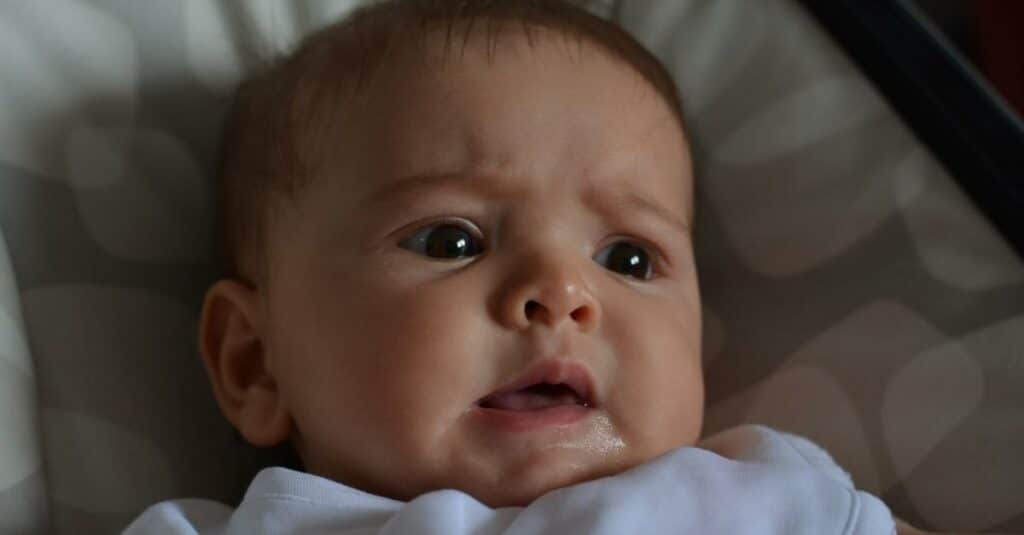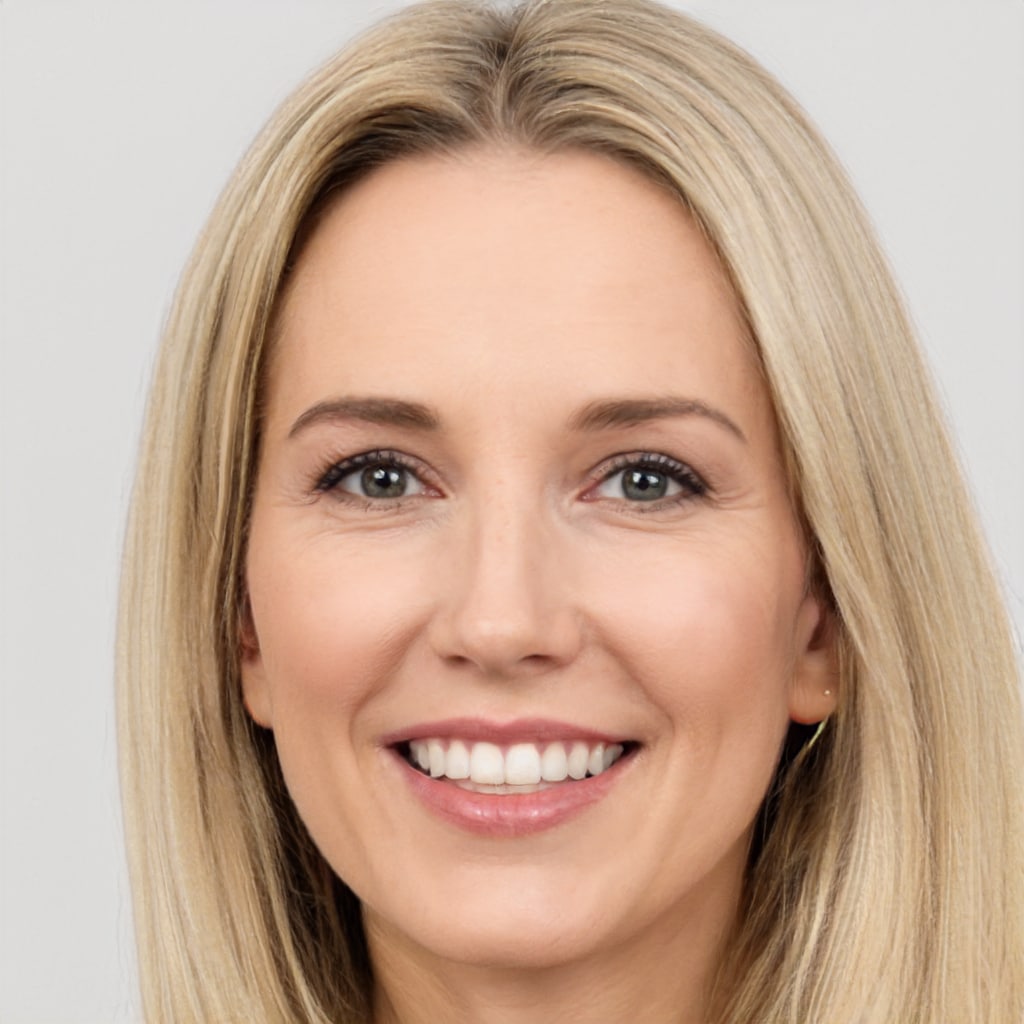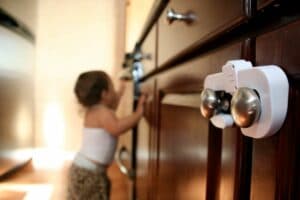A new study out of Princeton University says a huge portion of American babies doesn’t feel bonded with their parents.

Being a new parent is so overwhelming and I’d hazard a guess that most new parents are worried about doing something to mess up their kids.
The good news is that, according to studies cited by ABCnews.com, it doesn’t take much effort to give your children the love and comfort they need to feel supported and confident in themselves.
The bad news, however, is that a huge proportion of children in the United States are not getting that sense of bonding and security. Because of this lack of parental bonding, these children are not getting a fair chance at having a successful life.
“The basic problem, according to the Princeton study, is forty percent of infants in the U.S. live in fear or distrust of their parents, and that will translate into aggressiveness, defiance, and hyperactivity as they grow into adults,” ABC says. And while that doesn’t guarantee a hard life, it sure makes an easy one less likely and more difficult to attain.
The statistics are sad and sobering. How can so many babies be given such a poor introduction to life?
The recent Princeton study is one of many other similar studies which had similar findings; lack of parental bonding in the early days of a child’s life breeds issues later in life.
The studies pinpoint poverty, stress, and ignorance as to the crux of the problem. In other words, lack of support, lack of help, and lack of guidance.
Here in Canada, we have the opportunity to take a year of parental leave from work to be home with our babies while the government provides us with financial support to do so. Our government recognizes the importance of bonding which has been found to be so critical to a child’s early development.
“When a parent, most of the time, responds to a child in a warm, sensitive and responsive way — picking up the child when they cry, and holding and reassuring them — the child feels secure that they can meet their needs,” one study said.
“Simply touching, or caressing, a newborn is critical to the infant’s sense of security,” ABC explains.
There are countries in Europe where parents get two years of leave and help from the government with housework. It seems extraordinary and luxurious, and it is, but that doesn’t make it without merit.
“What all these studies show,” ABC explains, “is the importance of those first few months of life, when a tiny baby is sent on a trajectory that will partly determine success at something as simple — and as critical — as getting along with others.”
We in Canada often complain about the size of the stipend the government grants during leave, especially the large portion of the population that doesn’t otherwise get a top-up from their employer. But at least we have a stipend and the guarantee of a job at the end of our leave.
In the United States, the richest country in the world, there is no such stipend. There is no support given to young families so that they can be able to afford to be home with their babies for any length of time. And studies are showing that the lack of support is having a negative effect on the lives of these children.
Forty percent of children in the U.S. fear their parents. Forty percent of children don’t trust their parents.
Forty percent of children in the United States are missing out on something so very simple; parents who have the support they need to, in turn, support their children. Those children are not being given the best shot at life.
There needs to be some recognition that the first few months of life are crucial. Parents can’t bond with their babies if they’re not there.
I don’t know if kids are happier here in Canada. I don’t know if we, as a nation, are raising better-adjusted children. But what I do know is that it’s incredibly sad that in the richest country in the world, parents are offered basically no time home with their baby in those early and critical days and that forty percent of children don’t trust their parents.

Carly Link, a 33-year old mother of two toddlers. She is a parent and goes through a lot of the usual parenting difficulties herself. Carly shares all her experiences and knowledge about the best baby products through this blog.








